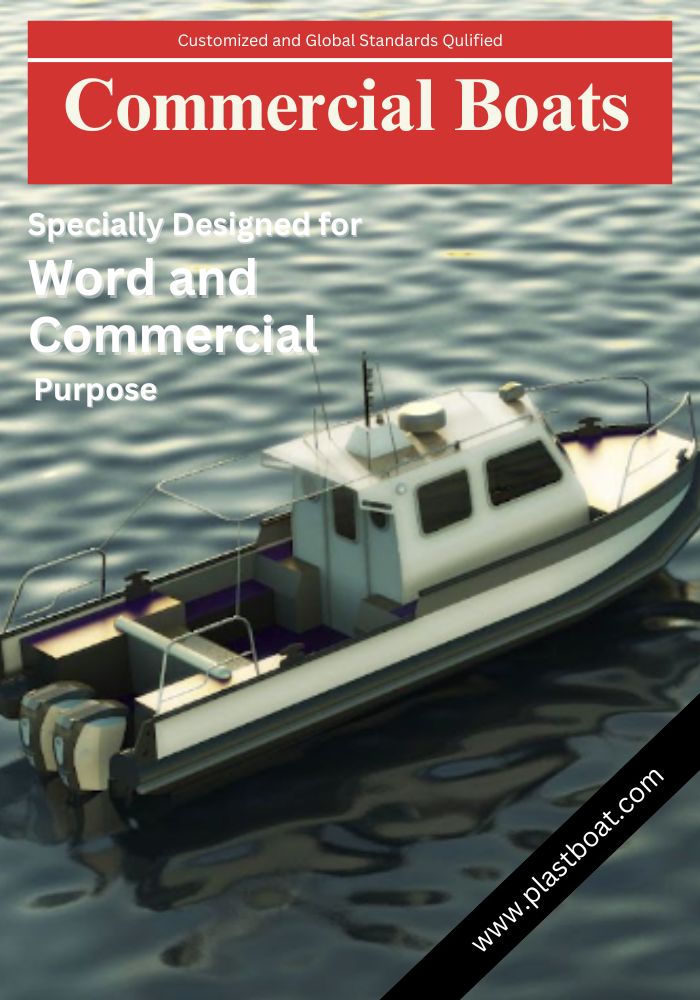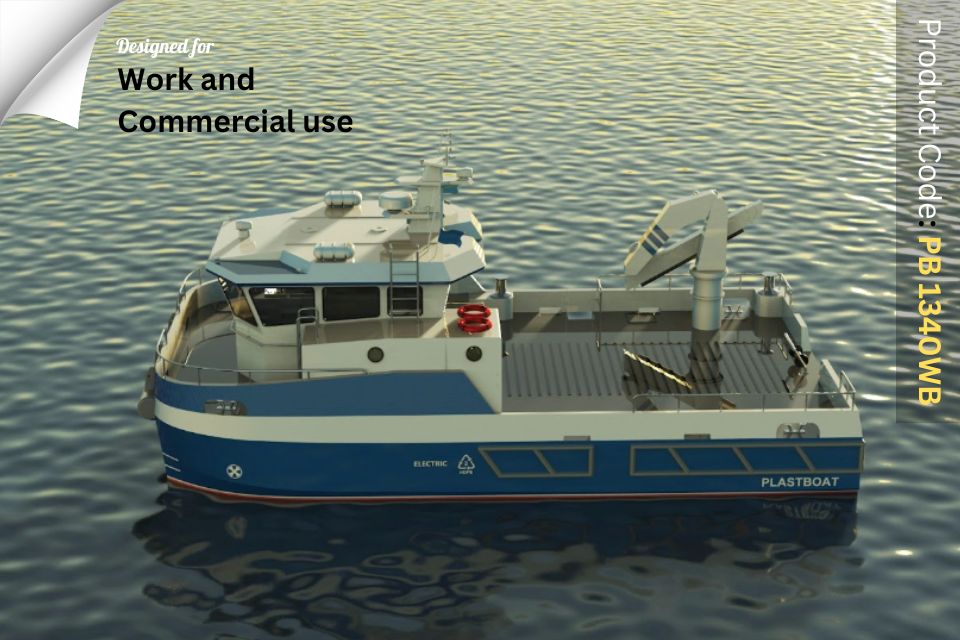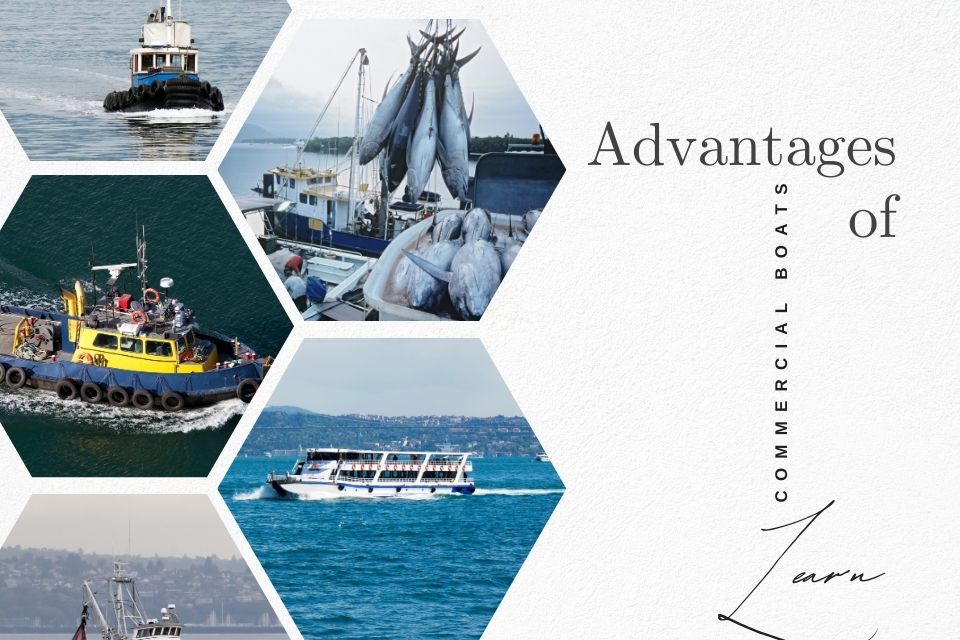
The Backbone of Maritime Industries and the Benefits of HDPE Construction
Commercial boats are the workhorses of the maritime world, playing an essential role in various industries such as fishing, transportation, offshore work, and more. These vessels are designed to perform demanding tasks reliably and efficiently, often under harsh environmental conditions. Among the many materials used in the construction of commercial boats, High-Density Polyethylene (HDPE) has gained significant attention for its durability, low maintenance, and sustainability. In this article, we will explore the different types of commercial boats and how HDPE is transforming this vital sector.

What Are Commercial Boats?
Commercial boats are vessels specifically designed for business purposes rather than recreational use. These boats come in various types and sizes, each tailored to the specific needs of different industries. Whether it’s hauling cargo, transporting passengers, or supporting offshore oil rigs, commercial boats are built to meet rigorous standards of performance and safety.
Types of Commercial Boats
- Fishing Boats: Commercial fishing boats are designed to withstand long periods at sea, often in challenging weather conditions. They are equipped with specialized gear for catching and processing fish. The durability and corrosion resistance of HDPE make it an excellent material for these vessels, ensuring they remain operational for years with minimal maintenance.
- Cargo Vessels: These boats are used to transport goods across various waterways. They require a sturdy construction to handle heavy loads and frequent use. HDPE’s strength and impact resistance provide a reliable foundation for these vessels, reducing the risk of damage during loading and unloading.
- Passenger Ferries: Designed to carry passengers over short or medium distances, these boats must prioritize safety and comfort. HDPE’s buoyancy and stability make it a preferred choice for passenger ferries, offering a smooth ride and enhanced safety features.
- Tugboats: Tugboats are powerful vessels used to maneuver larger ships in ports or through narrow channels. They require robust construction to handle the forces involved in towing. HDPE’s durability ensures that tugboats can perform these demanding tasks without frequent repairs or maintenance.
Offshore Support Vessels: These boats provide logistical support to offshore oil and gas platforms, including transporting supplies and personnel. The harsh conditions of offshore work demand materials that can resist corrosion and impact, making HDPE an ideal choice for these vessels.

The Advantages of HDPE in Commercial Boats
HDPE (High-Density Polyethylene) has revolutionized the construction of commercial boats by offering several key benefits:
- Durability and Longevity: HDPE is highly resistant to impacts, UV radiation, and harsh chemicals, which are common challenges in maritime environments. This durability extends the lifespan of commercial boats, reducing the need for costly repairs and replacements.
- Low Maintenance: One of the most significant advantages of HDPE is its low maintenance requirements. Unlike traditional materials like wood or metal, HDPE does not corrode, rot, or require frequent painting. This translates to lower operational costs and more time on the water.
- Environmental Sustainability: HDPE is recyclable and environmentally friendly, aligning with the increasing demand for sustainable practices in the maritime industry. By choosing HDPE for commercial boats, operators can reduce their environmental footprint and contribute to the preservation of marine ecosystems.
- Safety and Stability: The natural buoyancy and stability of HDPE make it an ideal material for commercial boats, especially those used in passenger transport or offshore work. HDPE boats provide a safer and more reliable platform for operations, even in rough waters.
- Cost-Effective Investment: While the initial cost of HDPE boats might be higher than some traditional materials, the long-term savings on maintenance, repairs, and fuel efficiency make them a cost-effective investment for commercial operators.
Conclusion: HDPE Boats as the Future of Commercial Maritime Operations
Commercial boats are integral to the global economy, enabling industries to operate efficiently on the water. As these industries evolve, so too must the vessels they rely on. HDPE boats represent the future of commercial maritime operations, offering unparalleled durability, safety, and sustainability.
For those involved in commercial marine activities, investing in HDPE boats is a strategic move that ensures long-term operational success. Whether you’re in fishing, transportation, or offshore support, HDPE boats provide a robust solution that meets the demands of today’s maritime challenges.